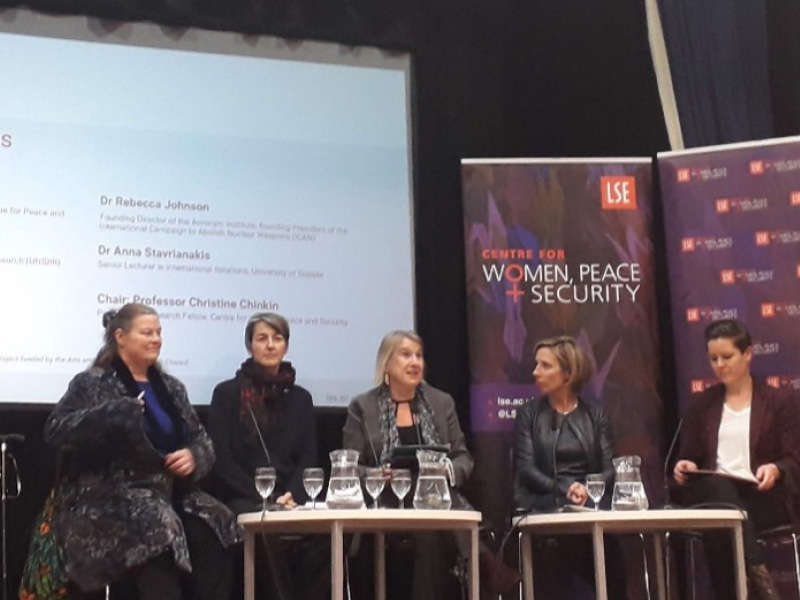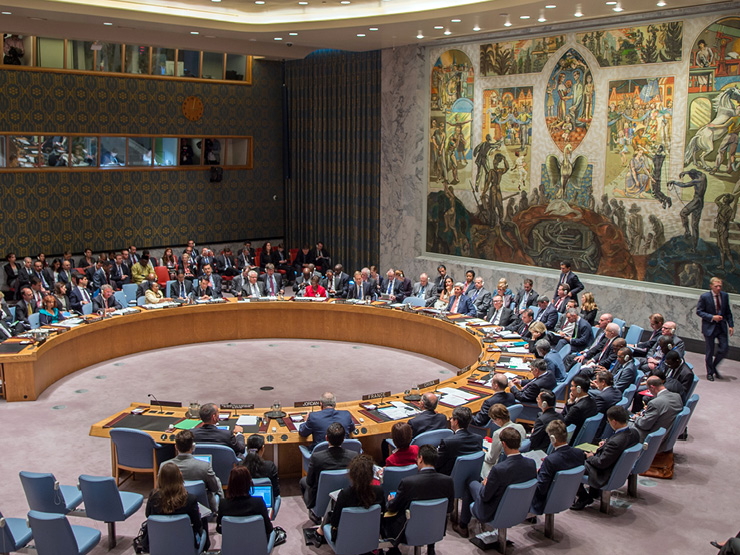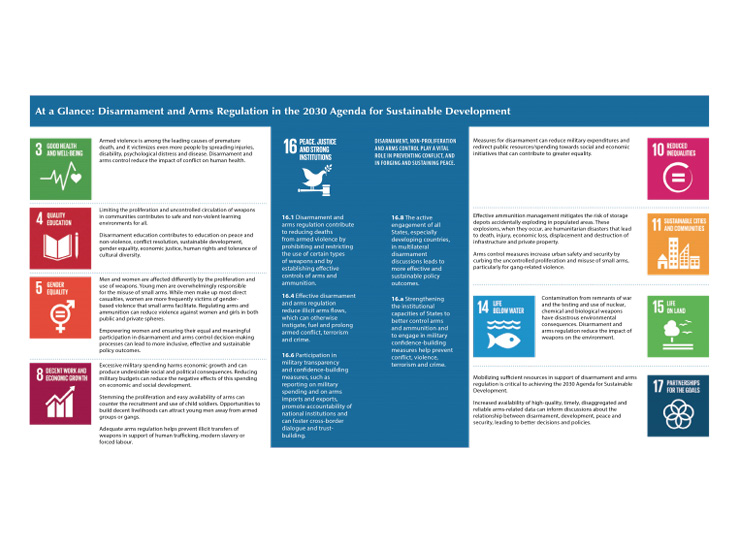Feminist peace activists have long called for universal disarmament as a means by which to prevent conflict and advance equality, the two core components of peace. Disarmament, it is maintained, would help to reduce insecurity making conflict more unlikely while the resources wasted on weapons could be redirected to constructive ends including securing equality.
Over the last century States have fluctuated between subscribing to this view and its polar opposite: that weapons promote security. Against this backdrop, feminist peace activists have remained constant and, through collective transnational efforts, sought to advance disarmament at both national and international levels.

Identifying the obstacles to disarmament and how to overcome them were issues discussed by the speakers at the public launch of the Feminist International Law of Peace & Security project. From left to right: Dr Rebecca Johnson, Dr Anna Starvrianakis, Professor Christine Chinkin, Dr Renata Dwan, Ray Acheson.
Overcoming the obstacles to disarmament remains a hugely challenging exercise made even more difficult by the fact that the world of weapons and disarmament remains a highly gendered space. Although women have made some institutional inroads, they remain under-represented at more senior decision-making levels in national and international fora. In other words, states are failing to meet their international legal obligations and political commitments to ensure women’s equal participation with men.
Following intensive lobbying by women’s groups across the world, in 2000, the United Nations Security Council adopted Resolution 1325 on Women, Peace and Security [WPS] formally recognizing the link between gender equality and sustainable peace.The WPS agenda is founded on four pillars: equal participation; protection; relief & recovery; and prevention. Prevention includes conflict prevention.

In 2015, the Security Council met to review implementation of resolution 1325 and renewed its commitment the WPS agenda.
During the last two decades some progress has been made in the field of ‘disarmament, demobilization and reintegration’ [DDR] which is expressly referenced in Resolution 1325. States have championed DDR programmes on the basis that de-weaponizing societies enhances security and promotes sustainable peace. Feminist activists have welcomed these steps, albeit cautiously. This is because DDR programmes are concerned only with disarming non-State actors.
To date, States have resisted attempts to discuss the disarmament of States under the WPS Agenda notwithstanding feminist calls to do so. The need to do so is now more pressing.
Early indicators show that the pandemic has reversed global poverty levels which are on the increase. Meanwhile there are no signs that the pandemic has reversed the rising trend in global military expenditure. In 2020 this figure stood at nearly US$ 2 trillion almost double of what it was in 2000.

The UN system is pressing states to advance disarmament and arms control to meet the 2030 Sustainable Development Goals [United Nations Office for Disarmament Affairs]
For feminist peace activists, overcoming exclusion and marginalization in this highly gendered field remains a work in progress as does disrupting dominant beliefs around weapons that continue to fuel demand. How can the demand for weapons be reversed? Do feminist histories provide any answers? Can reframing discussions secured change? What can international law offer?